Enhancing Efficiency: SAPPI Alfeld GmbH Upgrades Wastewater Treatment with Advanced Flotation Cells
As a direct discharger into the Leine, SAPPI Alfeld GmbH has for decades internally run a complete water treatment with a three-lane biological stage.
Since the increasingly rising demands made of the secondary clarification process—implemented with two flotation cells and four Algas filters—mean that it will soon reach the limits of its capacity, a project was first initiated in early 2023 to enable the company to make future expansions while simultaneously guaranteeing that wastewater limits are met. A review revealed that the company can continue to use its current flotations but must replace the Algas filter with new flotations. The flotation cells are many times more powerful and thus more operationally efficient.
Goals
A significant focus lay on increasing and securing throughput capacity. This had to be realised via the creation of redundancies within the respective structure. In addition, a reduction of both the materials to be filtered and the COD aimed at relieving the subsequent sand-filtration step and facilitating future water recycling. Alongside these goals, the project aims to use a new kind of chemical dosage system controlled by online sensors to reduce the use of the chemicals needed. This is where the freight-dependent chemical dose control DIGIT-DOSE comes in.
As a wastewater discharger, one of our unnegotiable goals is to not exceed the threshold limits of wastewater. As these wastewater limits are further restricted, we also wish for more possibilities of implementation.
- Reducing rinsing water usage
- Improving drainage quality, especially AFS + CSB
- Freight-dependent chemical dose control DIGIT-DOSE
- Increased operational security
- Potential water recycling
Sum invested
€ 5 million
MORE LIGHTHOUSES
.jpg)
WEPA produces hygiene paper from the sustainable fibre innovation of recycled carton
After years of research and development, we have succeeded in preparing recycled carton in such a way that we can use it as raw material for our hygiene paper production.
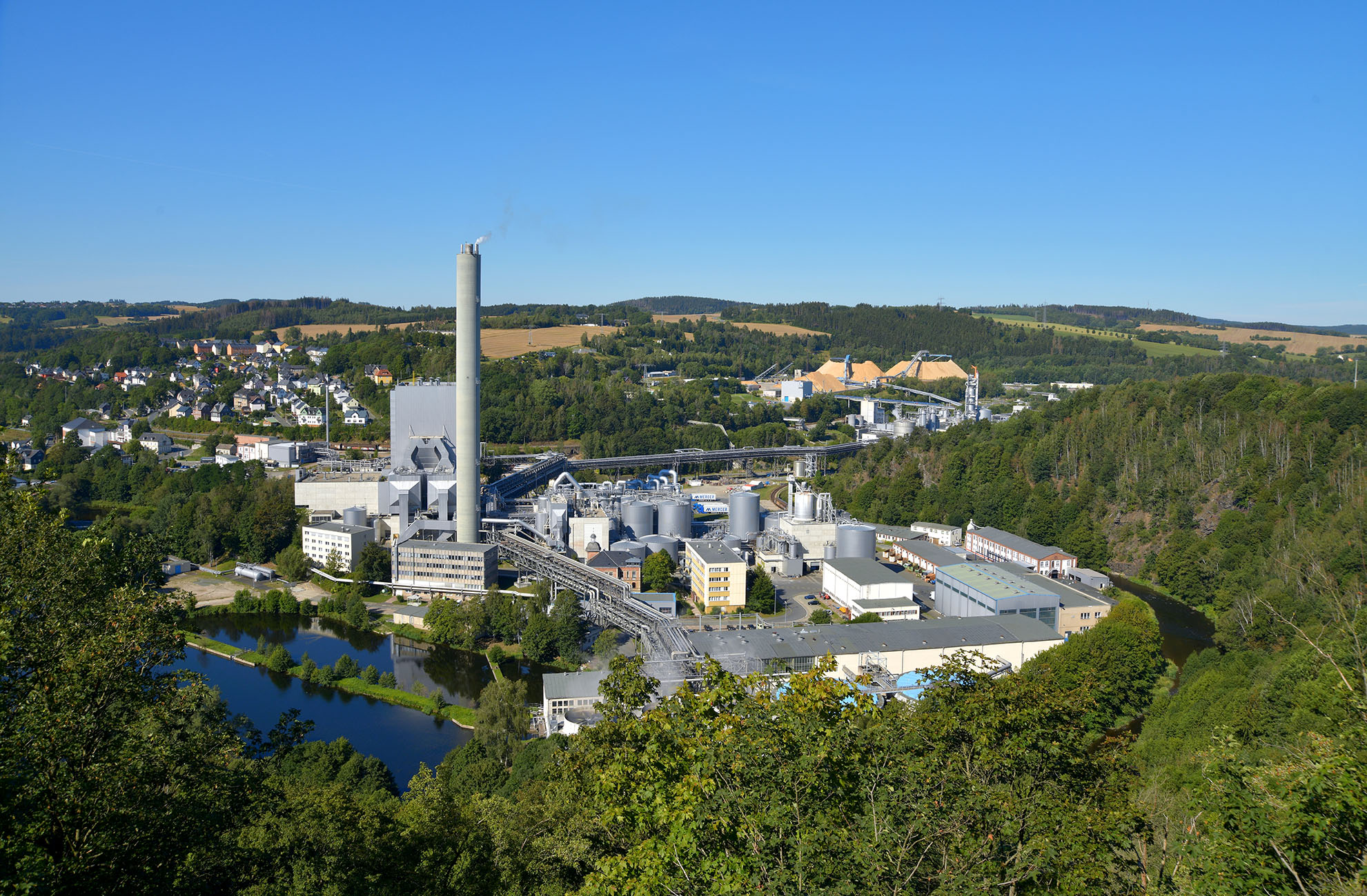
Mercer Rosenthal GmbH Adds Stripper to Evaporation Plant to Optimise Resource Use
A stripper has been added to the existing evaporation plant in order to separate the usable material of the B-condensate from the liquid.
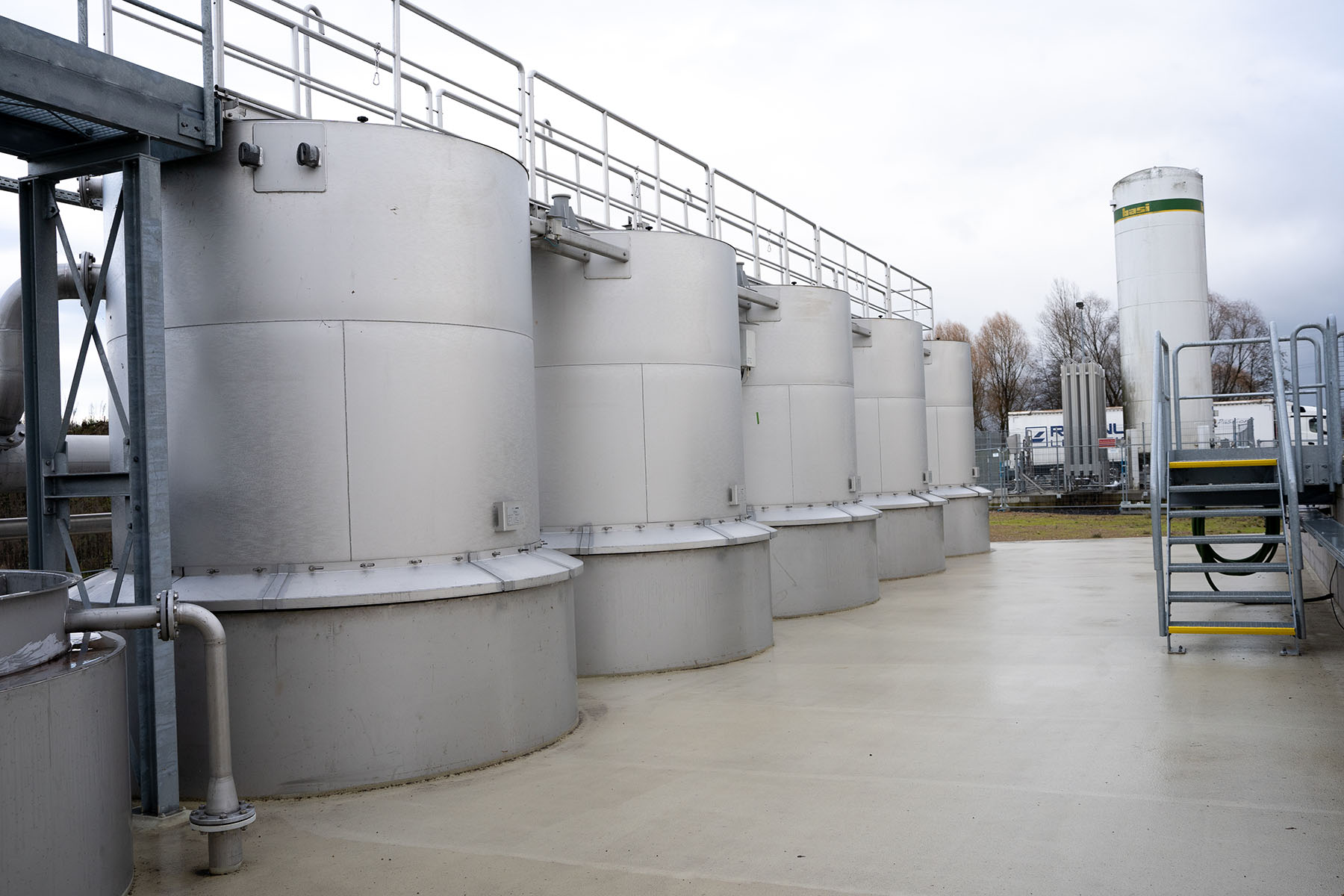
Expansion of the Wastewater Treatment Plant at Koehler Paper's Kehl Site
In early 2024, after 1.5 years of construction work, the Koehler Paper site finalised the expansion of its wastewater treatment plant. This expansion had been initiated because of the construction and activation of Production Line 8 in 2019, and the attendant increase in wastewater volume.
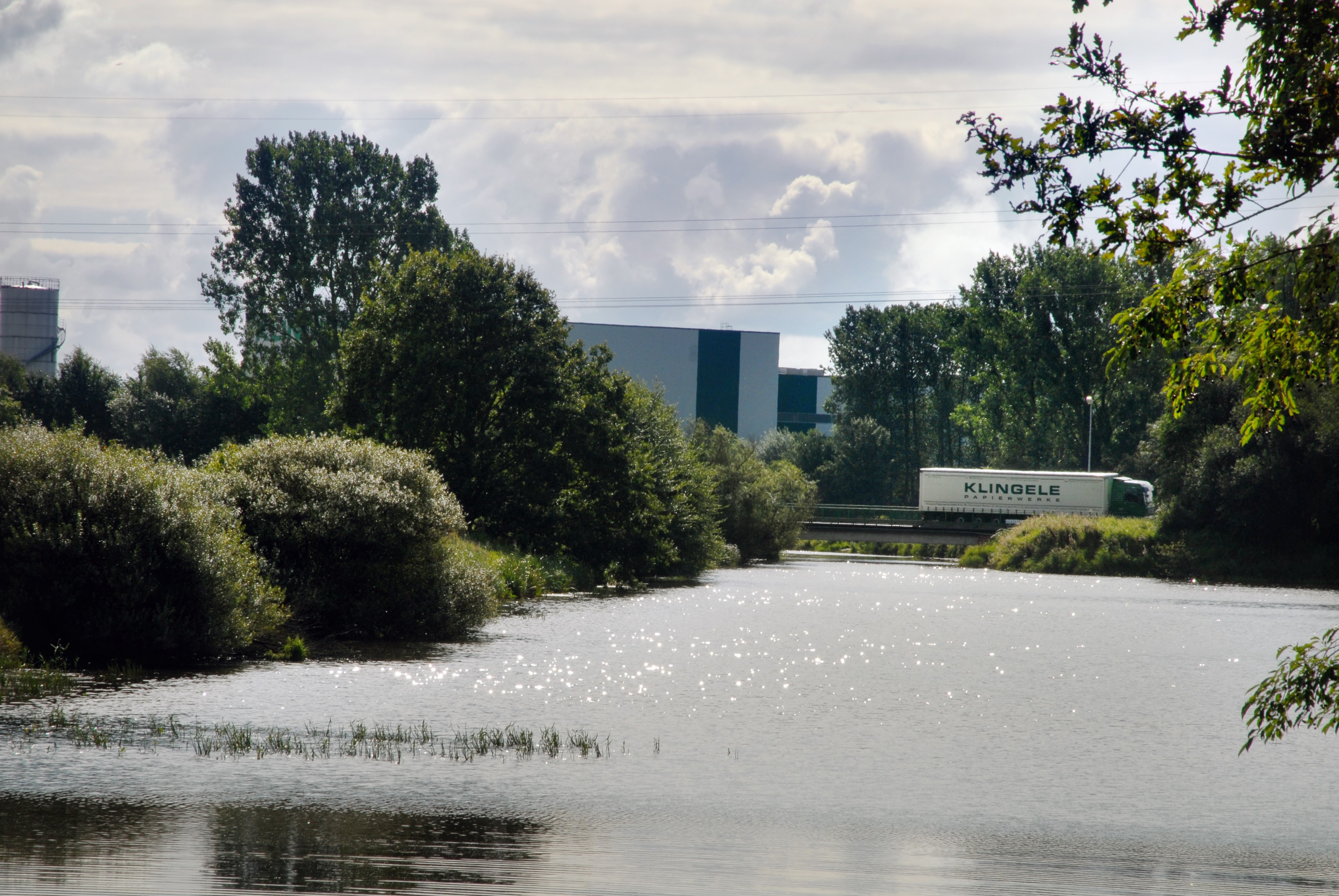
Smart Water Management: Sielacht Rheiderland Implements Real-Time Data-Driven Volume Control System
The water volume management concept for Sielacht Rheiderland involves both data collection as well as the creation of a management concept for the waters of the Siel.
Felix Schoeller: Installing a Disc Filter at PM4 in Weißenborn to Drive Sustainability Goals
Installing a disc filter at the PM4 in Weißenborn. Integrating the disc filter with the sieve water system as well as the technological plant control.
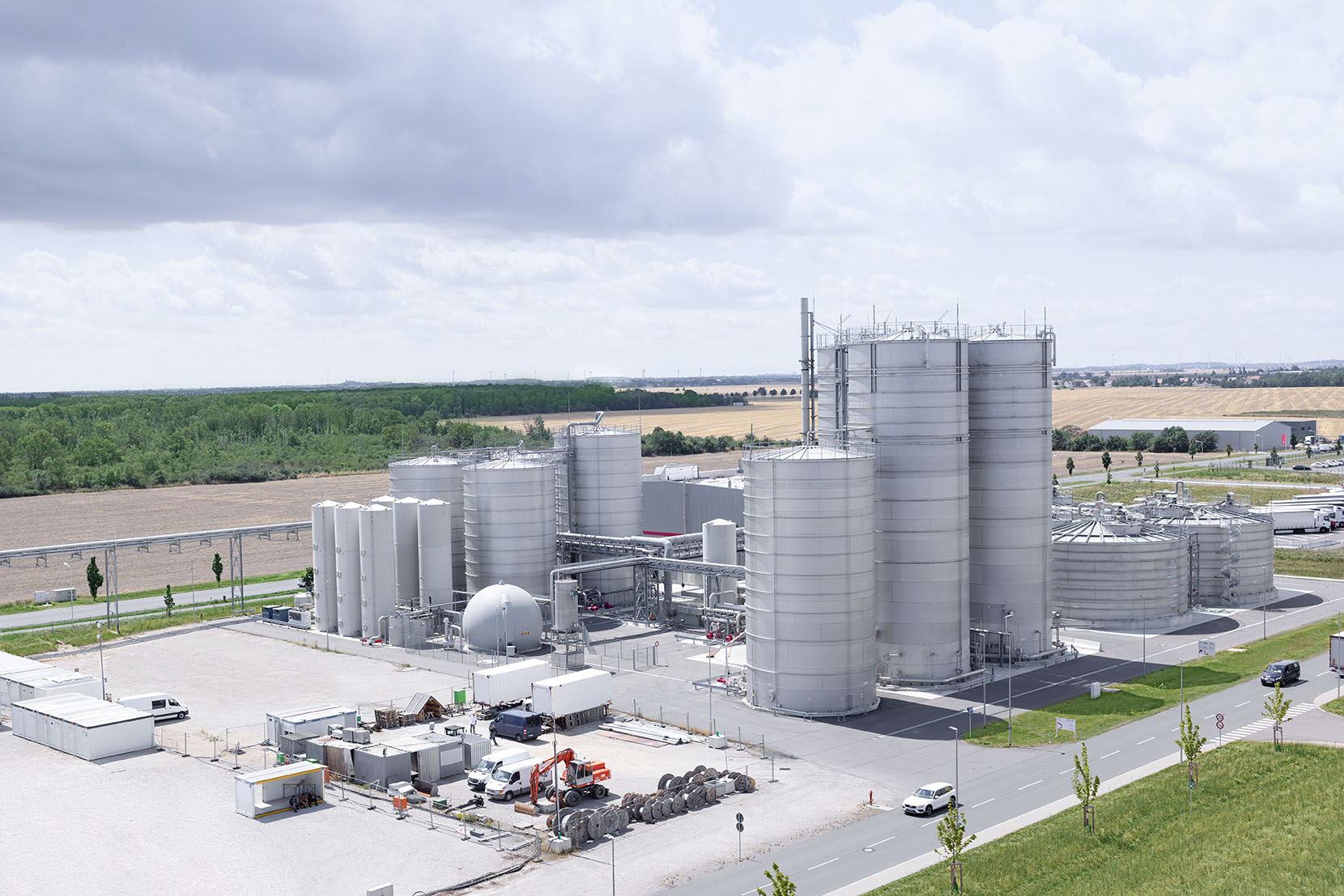
Progressive Water Recycling Treatment at Progroup: 80% Reduction of Freshwater Use in Paper Production
In August 2020, Progroup put the high-tech paper factory PM3 in Sandersdorf-Brehna into operation. It ranks among the most modern and productive factories of its kind worldwide, with an annual production capacity of 750,000 tonnes of corrugated base paper.
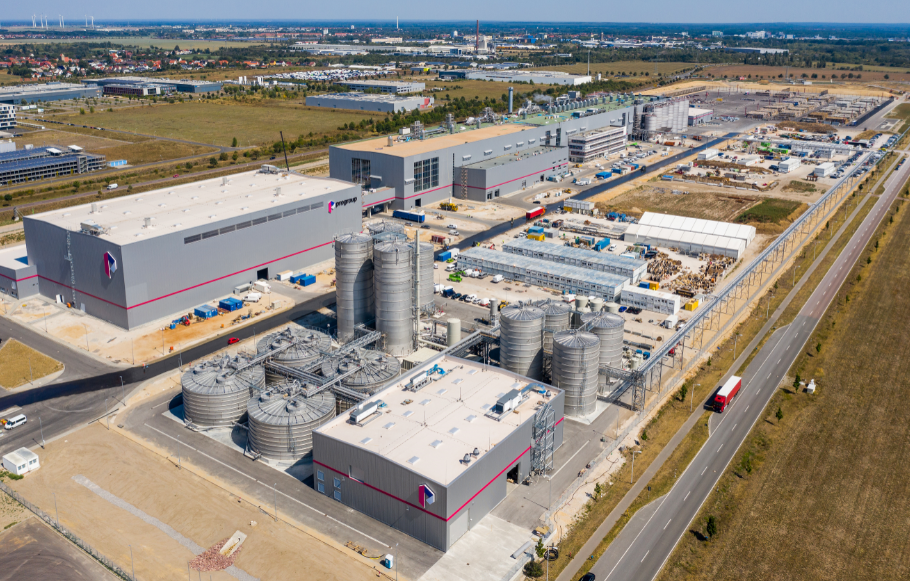
Resource-efficient circular economy in practice: PROGROUP upgrades its manufacturing facilities to zero-waste status
In August 2020, Progroup opened the high-tech PM3 paper mill in Sandersdorf-Brehna near Leipzig. It is one of the most modern and efficient in the world.
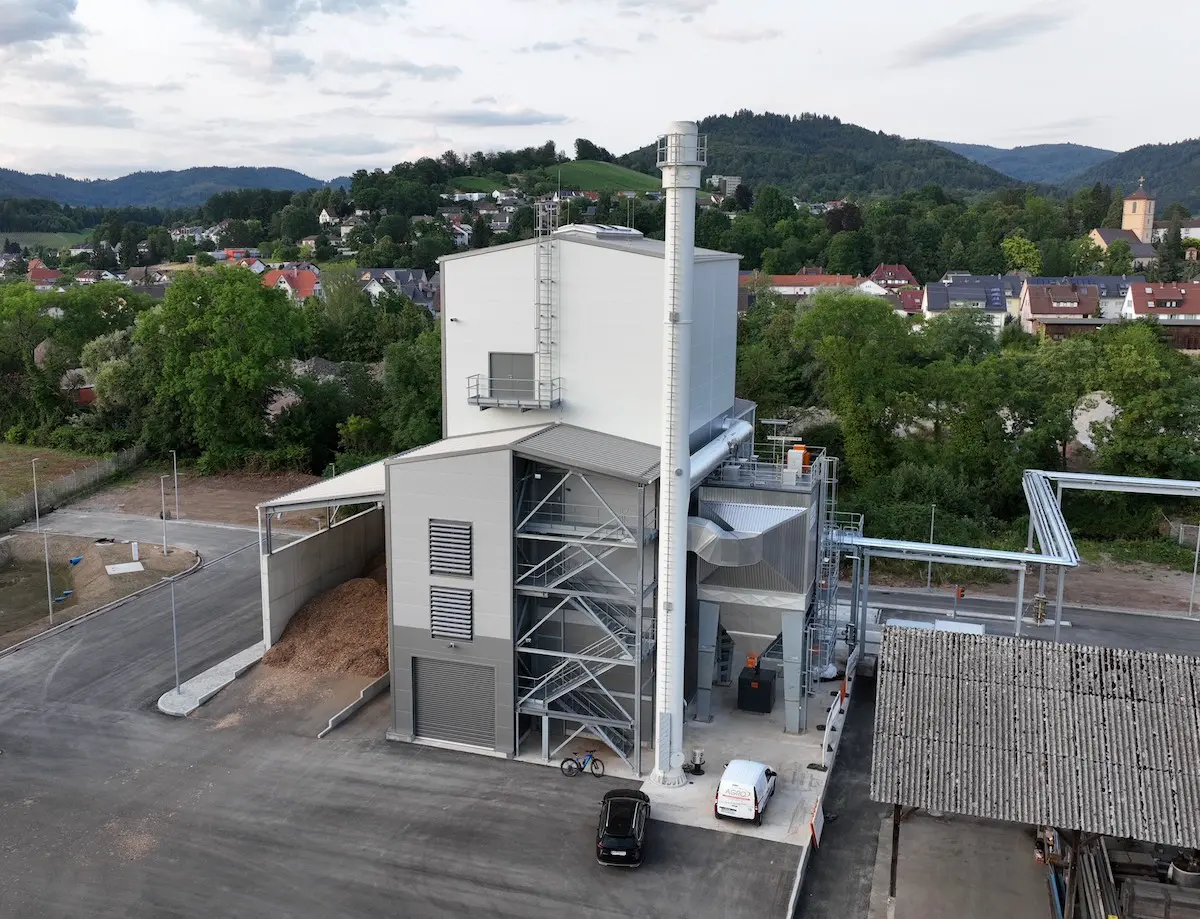
Biomass replaces lignite dust at Köhlerpappen GmbH in Gengenbach
In 2020, the German government decided to impose a CO₂ levy on all fossil fuels, with effect from 2021. For Köhlerpappen GmbH, Gengenbach, this means that significant additional costs will be incurred from 2023 onwards.
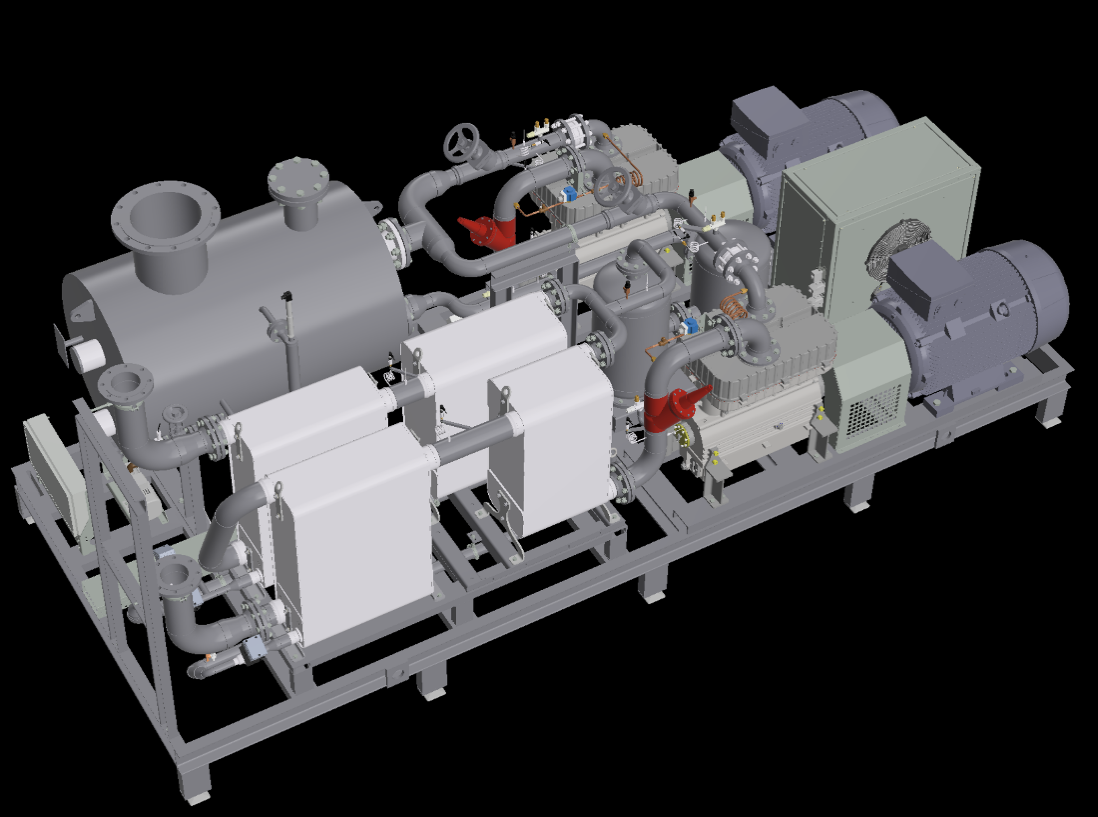
Push2Heat: Felix Schoeller installs the Group’s first high-temperature heat pump at its Weissenborn plant
In the framework of the EU-funded Push2Heat project, four demonstration plants are being planned in Europe in a collaboration of international partners and research institutes.
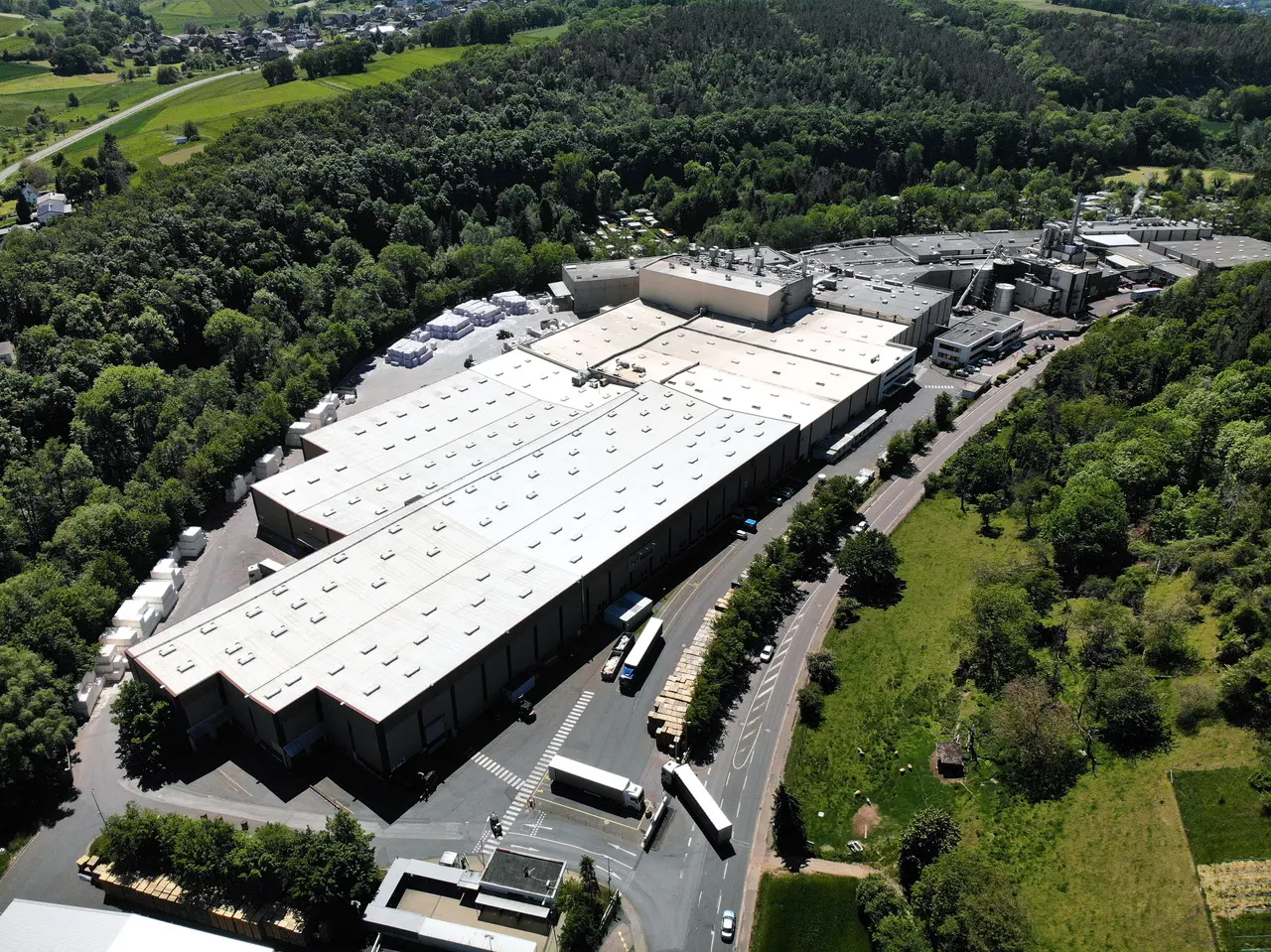
Metsä: Fossil free steam production for tissue production
Metsä Tissue Kreuzau realizes the shift from fossil-based lignite to wood pellets and reduces the amount of CO₂ emission by two third of the annual mill emission.
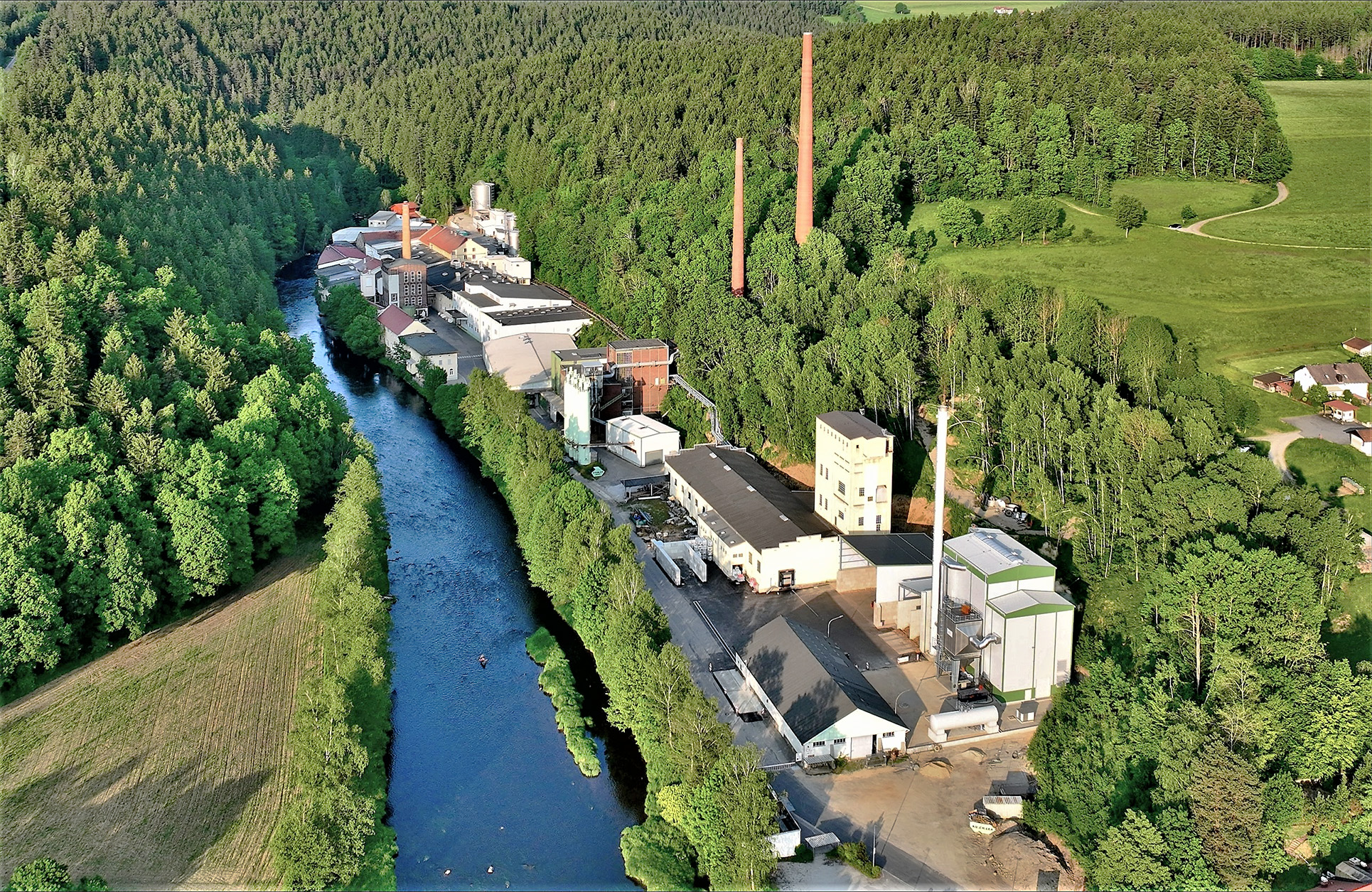
Pfleiderer switches fuel for steam generation from pulverised lignite to biomass
The aim of the project is to build a modern biomass power plant to supply the entire heat requirements of the Pfleiderer Spezialpapiere paper mill while reducing the previous CO₂ emissions by approximately 27,000 tonnes per year.
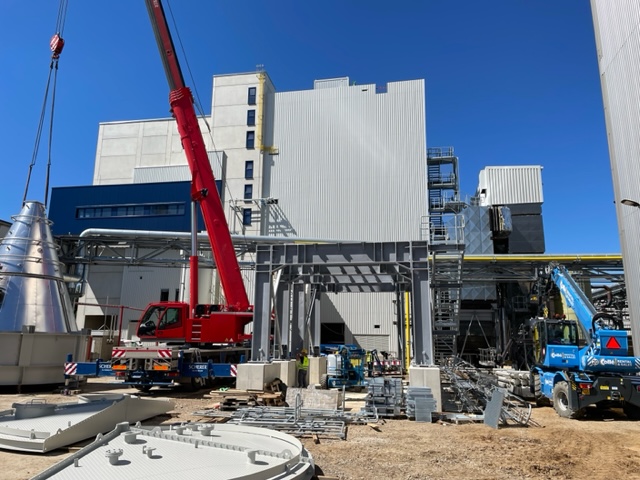
Ultra-efficient CHP plant together with recycling of residual materials delivers sustainable heat supply at SCHOELLERSHAMMER
The Energy Supply 2024 project was launched to transform and secure a sustainable energy supply.
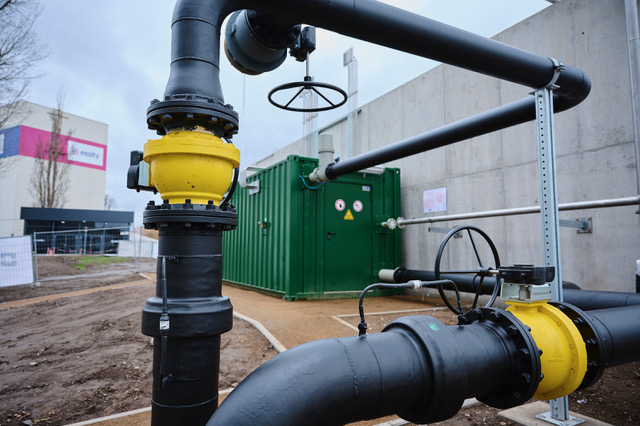
CO₂-free production of hygiene papers at Essity
At its mill in Mainz-Kostheim, leading hygiene and healthcare multinational Essity has become the first company to succeed in the CO₂-free production of paper. This has been made possible by reducing energy consumption, powering the paper machine with electricity from renewable sources and using green hydrogen.
.webp)
PALM power plant innovation programme: On the way to CO₂-neutral paper production
At its three sites in Germany, PALM operates gas-fired power plants according to the CHP (combined heat and power) principle.
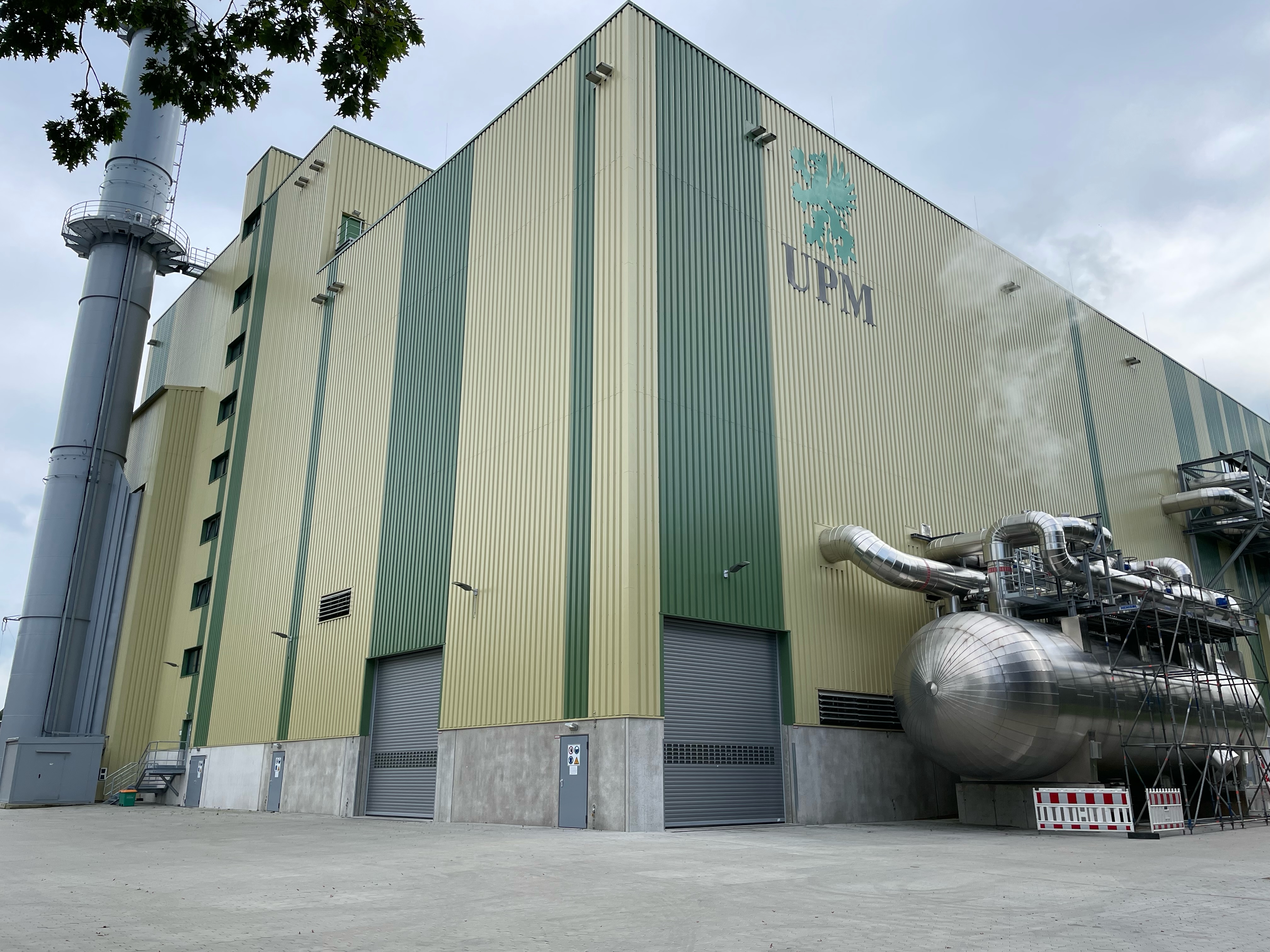
UPM electrifies heat supply, supports expansion of renewables and boosts system stability
UPM is investing in e-boilers (electrically powered steam generators) at four of its current six sites in Germany. When renewable electricity is available in sufficient quantities, these can take over steam generation for paper production at competitive prices, thereby economising on natural gas.
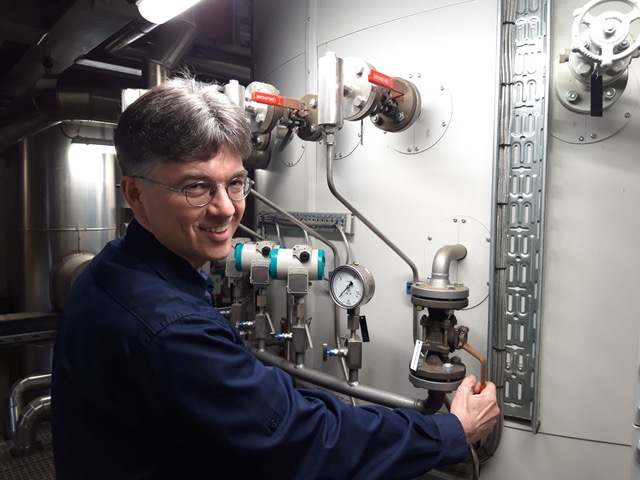
Varel trials climate protection module: Wind power generates steam for paper machines
Clean wind power is an important building block in working towards climate neutrality – but what if there is too much power in the grid?
